There are a few problems considering children’s sport activities. One of the biggest problems is that their sports are often taken over by parents. Parents tend to decide everything regarding their child’s sport according to the principle: “I pay for it, so I have the last word.” But is it the right path for their children?
Parents’ ambitions grow into children’s sports and metastasize. Hand in hand with this, everything changes. “Sport then doesn’t serve as a tool for instilling important values and attitudes in children, but becomes a battleground where parents fulfil their own dreams through their offspring, which makes parents feel entertained and satisfied,” says David Carter, who does not approve of such approach.
It’s not selfless
Although parents do sacrifice a lot of time to these sport activities, as well as money and effort, it is not selfless – if they do not like what they see, if their “investment does not pay off”, they get angry with their children, coaches, clubs, schools, etc. This is most obvious in more expensive sports. “But children’s sport isn’t business. The aim is to allow children to build relationship with movement and create a basis for a healthier lifestyle. Sporting achievements may or may not come and certainly money plays no part in this,” says the English professional.
According to David Carter, a lot of parents do not behave like this intentionally, but simply act according to some kind of a formula to which they are accustomed from their successful career or business. Because of this, however, attention is drawn from the learning process to results, from a carefree game to a drill. And the important aspects of children’s sports are then completely forgotten.
“The key is to think about the essence of children’s sport. It isn’t the victory, statistics, cups, etc. It is and always has been values, especially the health of children and their safety and, last but not least, the game itself as an alternative form of entertainment to the television or computer,” emphasises David Carter.
Childhood is disappearing and health troubles start to appear
If a child takes the path of a professional athlete too early, he/she loses a piece of childhood and is also threatened with health problems. As far as golf is concerned, professional world tour players have teams that consist of fitness experts who compensate their muscle imbalances, physiotherapists, doctors, psychologists, mentors and coaches. Nothing like this, however, is usually available to young athletes.
It needs to be taken into account that the child’s body is constantly developing and growing and that too much pressure might complicate the natural development. “The development of children should therefore always be gradual; the load should be even, not one-sided. The aim isn’t to make a champion at twelve. Early specialisation doesn’t bring anything, just problems in the future,” says David Carter.
“Likewise, being overly analytical kills children’s sport,” adds the Albatross professional. “This puts additional pressure on a child. Modern technology is fine, but it shouldn’t dominate the sport – it should only help. When you rely on numbers from the simulator, and according to this information adjust the training, it’s not a sport anymore, just a computer game. Golf is a complex matter, combining many more things,” says David Carter.
Especially fun
If we want children’s sport to belong again to children, we need to change the approach. Competing must be put aside and left to the Olympic representatives. Entertainment is much more important for children. “It doesn’t matter that the child is too small to excel in basketball. Just let them play. Is your child the slowest on the athletic track? So what, your child loves running, so let them run and enjoy,” says David Carter. And it is the same in golf. “Your child doesn’t have to score only birdies in order to enjoy the game. You can enjoy your child’s game even if they don’t shoot all the time in one stroke under par,” he adds.
It is equally important to see sport not only as a place where people win and lose, but also as a place where people learn and develop, not only as athletes, but also as human beings. “Children don’t care about winning or losing. Of course they enjoy the competitions, but, unlike adults, they don’t let the results worry them too long after the game,” smiles David Carter.
“If you enjoy running, you run more and more. Maybe you even participate in a group run, but probably you won’t go there with the intention to win. And exactly the same attitude should be applied to your children. That’s the magic of not only the children’s sport,” he explains adding: “However, still a lot of nonsense can be heard at children’s tournaments, such as: ‘This isn’t fun, we’re fighting for results, so concentrate’!”
To conclude, David Carter provides a few questions to help you find out whether your child really enjoys the sport:
- Is my child really having fun?
- Does the tournament/club/coach really serve children, or does it only try to meet adults’ needs?
- Is sport more important for me, or for my child?
- What are our priorities (family, school, sports, finances, obligations, etc.)? Where does sport stand among these priorities?
- What has my child learned here, what is his/her experience and does it correspond to our principles?

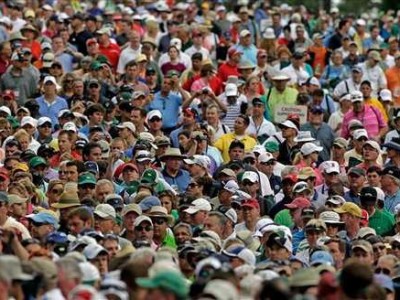

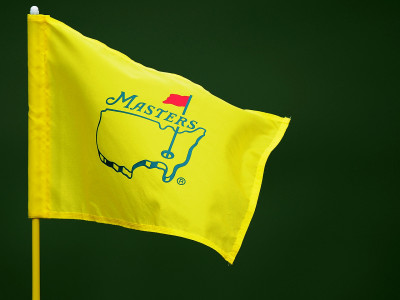
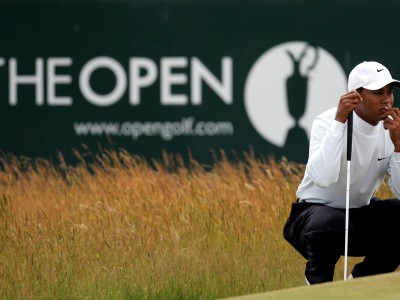



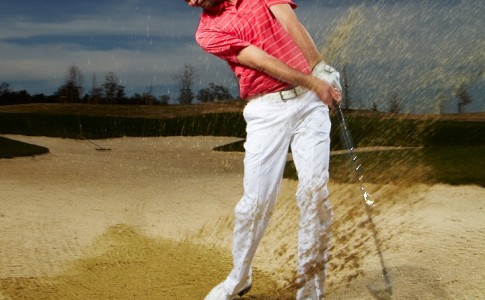
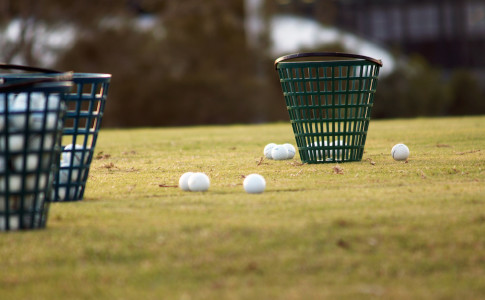
No comments